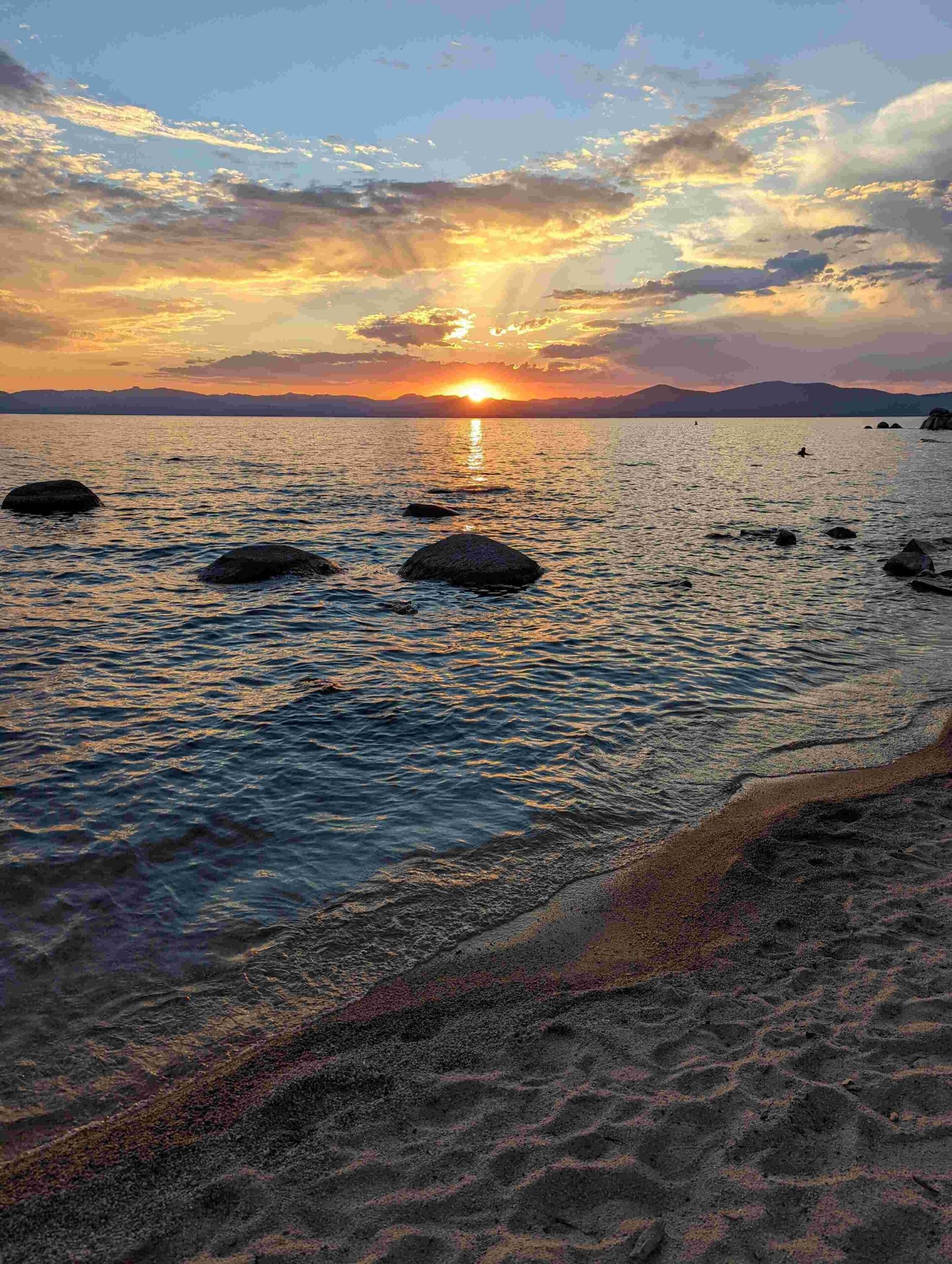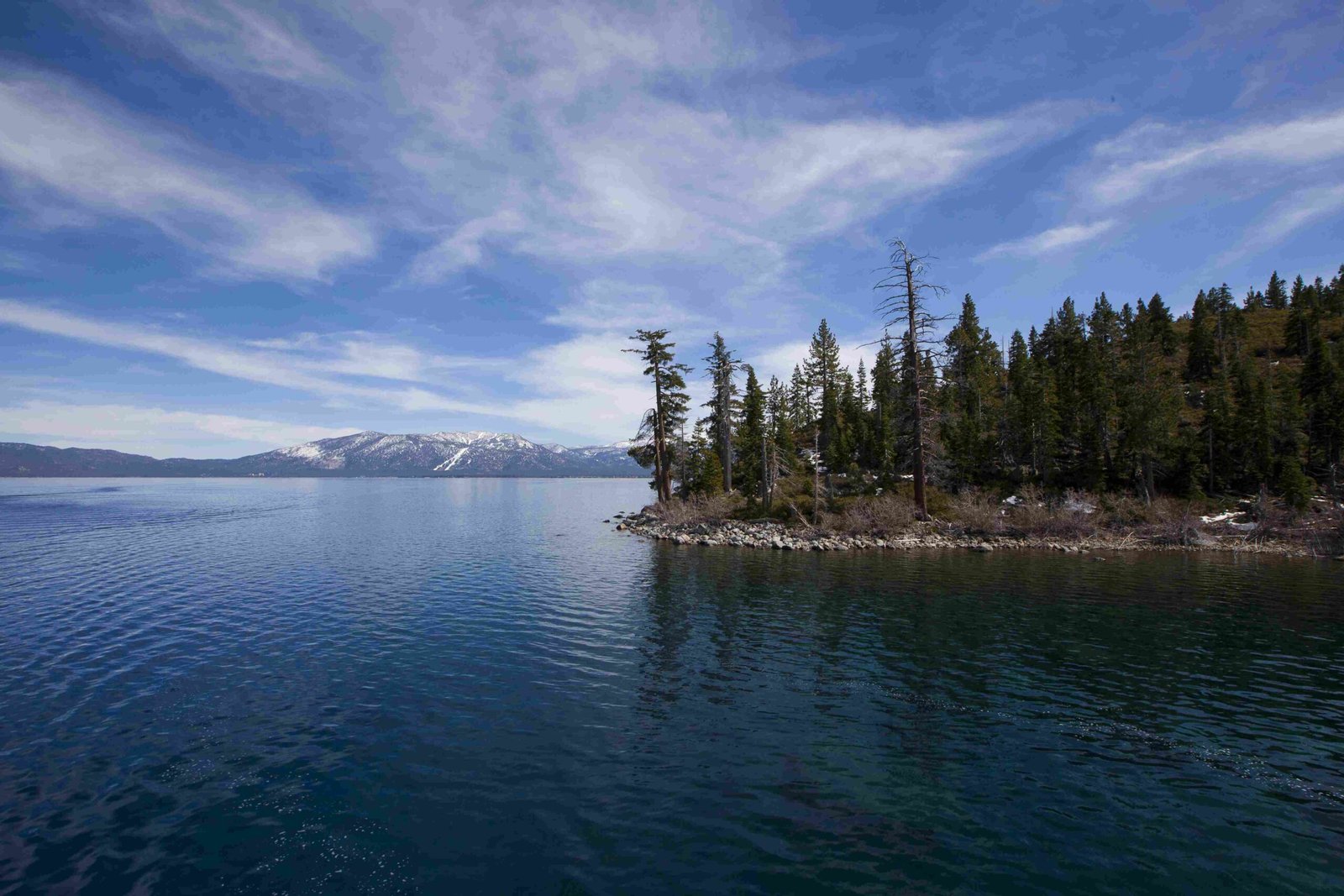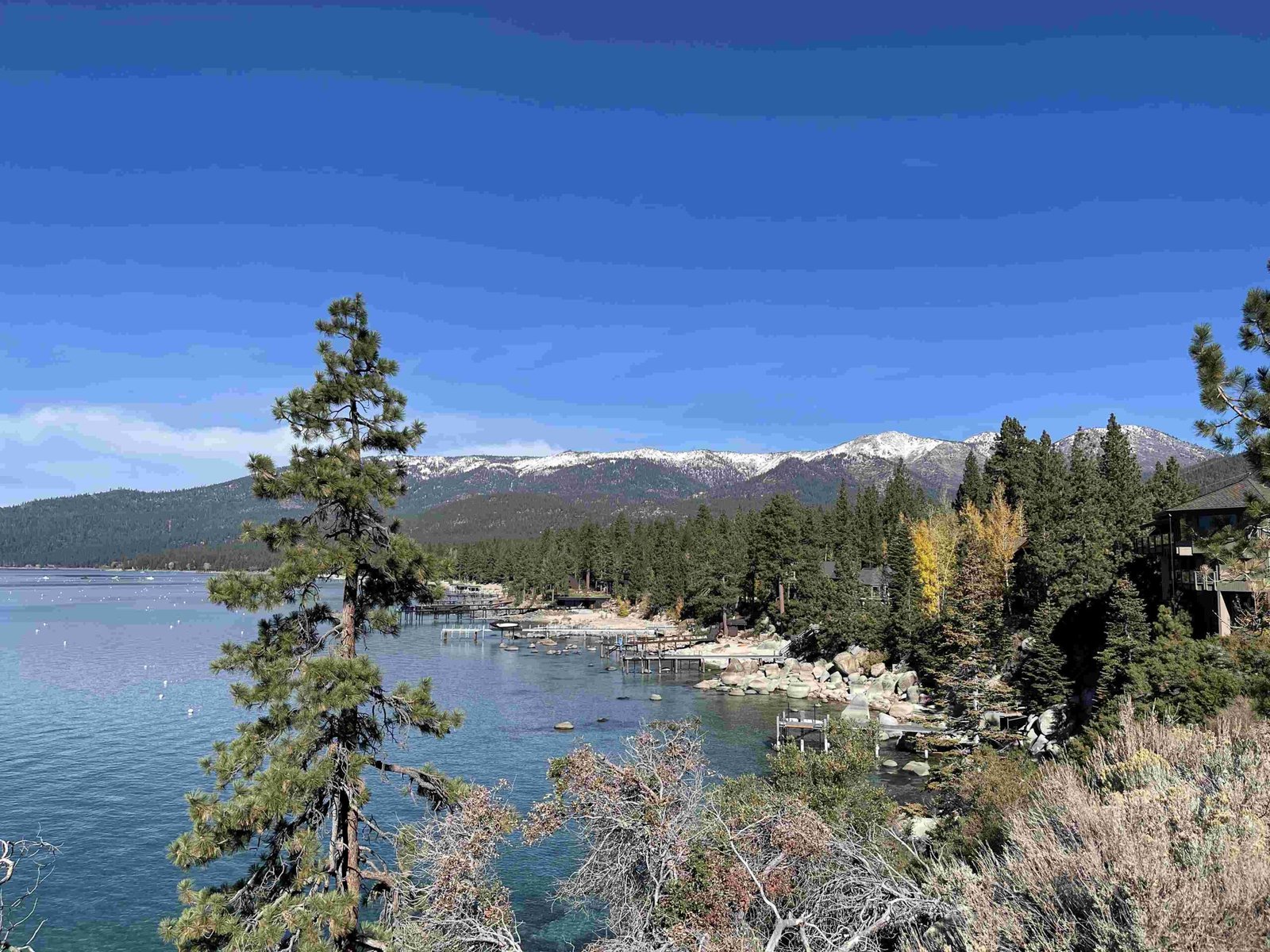The swim across Lake Tahoe relay represents an extraordinary endurance challenge where teams of 2-4 swimmers navigate the crystal-clear waters of Lake Tahoe, testing physical limits and teamwork across breathtaking alpine landscapes. Participants must strategically plan their shifts, manage cold water conditions, and coordinate precise swimmer transitions while experiencing one of the most stunning open water swimming environments in North America.
What Makes Lake Tahoe Relay Swim Unique?

Lake Tahoe’s swim relay is not just a sporting event, but a testament to human endurance and natural beauty. The event challenges swimmers to traverse the pristine waters of one of America’s most iconic alpine lakes, with distances ranging from 10.6 to 21.3 miles.
Who Can Participate in the Swim Across Lake Tahoe Relay?
| Team Size | Course Distance | Recommended Participants |
|---|---|---|
| 2-3 swimmers | 10.6 miles | Experienced open water swimmers |
| 3-4 swimmers | 12 miles | Mixed skill level teams |
| 3-4 swimmers | 21.3 miles | Advanced swimming teams |
Key Participant Requirements
- No specific age restrictions
- Strong swimming endurance
- Ability to swim in cold, high-altitude conditions
- Medical clearance recommended
How to Prepare for Lake Tahoe Relay Swim?

Training Strategies
- Endurance Building
- Practice continuous swimming for 1-hour shifts
- Develop cold water tolerance
-
Simulate relay transitions
-
Physical Conditioning
- Cardiovascular training
- Strength training focused on swimming muscles
- High-altitude adaptation exercises
Essential Equipment
- Swimwear approved for marathon swimming
- Thermal swim cap
- Anti-chafing products
- High-energy nutrition supplements
What Are the Critical Safety Regulations?
Swim Rules and Protocols
- No wetsuit usage permitted
- Fixed swimmer rotation order
- Mandatory 1-hour shift duration
- Professional observer required
- Emergency support boat accompaniment
How to Form an Effective Relay Team?
Team Composition Considerations
- Balanced swimmer skill levels
- Compatible swimming speeds
- Strong communication skills
- Shared commitment to safety and performance
Mental Preparation Techniques
- Team strategy sessions
- Visualization exercises
- Stress management workshops
- Group confidence building
What Challenges Will Swimmers Face?
Environmental Factors
- Water temperatures between 55-65°F
- High-altitude swimming conditions
- Potential wind and wave variations
- Psychological endurance challenges
Performance Optimization Tips
- Gradual acclimatization to water temperature
- Proper hydration strategies
- Efficient energy management
- Psychological resilience training
Registration and Event Details
How to Register
- Contact Lake Tahoe Open Water Swimming Association
- Complete comprehensive medical screening
- Submit team registration forms
- Pay required event fees
Recommended Preparation Timeline
- 6-12 months: Begin comprehensive training
- 3-6 months: Specific relay simulation practices
- 1-2 months: Final team coordination
- 2 weeks: Tapering and final preparations
Cost and Logistics
Estimated Expenses
- Registration fees: $500-$2,000
- Team training costs: $1,000-$3,000
- Equipment and support: $500-$1,500
Final Recommendations
The swim across Lake Tahoe relay demands exceptional preparation, teamwork, and mental fortitude. Success requires comprehensive training, strategic planning, and unwavering team commitment.
Pro Tip: Consider working with a professional open water swimming coach to maximize your team’s potential and safety.

